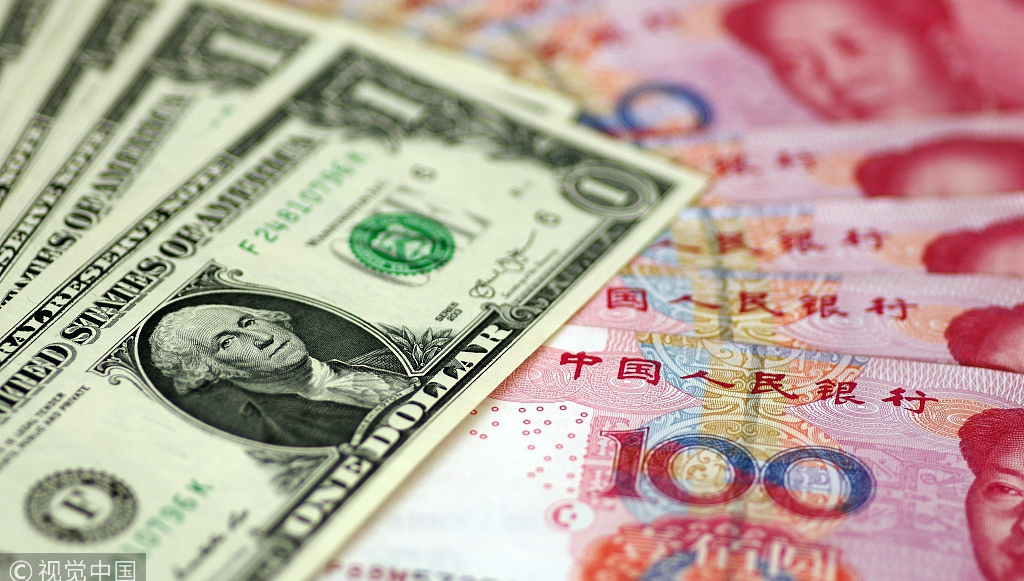
16:04, 21-Mar-2019
Full Episode – How does China cope with risks by using new Foreign Investment Law?
Updated
16:31, 25-Apr-2019

By Robert Lawrence Kuhn
To assess the 2019 Two Sessions political meetings, the National People's Congress and the Chinese People's Political Consultative Conference, which just concluded here in Beijing, I start with the framework set by President Xi Jinping, several weeks prior, when he gathered senior officials and told them that China faced multiple, extraordinary risks: political risks, ideological risks, economic risks, science and technology risks, social risks, external risks, and Party building risks.
This is why my focus at this year's Two Sessions has been on risks: I view each element or proposal or press conference or announcement through the conceptual prism of preventing and controlling risks. What are specific examples of these risks? Which have been addressed at the Two Sessions? What policies have been proposed to prevent or defuse these risks?
In particular, China's new Foreign Investment Law, said to be necessary to replace three outdated investment laws, deals directly with economic and external risks. What are its objectives and provisions? Why is China extolling its significance? Why are some Western businesses questioning its efficacy?

On May 6, 2018, the 2018 China Yiwu Import Commodities Fair opened at the Yiwu International Expo Center, creating a good trade opportunity for the source products of overseas SMEs to enter China's domestic market. /VCG Photo
On May 6, 2018, the 2018 China Yiwu Import Commodities Fair opened at the Yiwu International Expo Center, creating a good trade opportunity for the source products of overseas SMEs to enter China's domestic market. /VCG Photo
At the 2019 Two Sessions, I pick three commitments that, for me, stand out in preventing and defusing risks:
(i) Pursue an employment-first policy.
(ii) Control pollution with a much-increased budget and by setting specific, ambitious pollution-reduction targets.
(iii) Bring over 10 million of the rural poor out of extreme poverty on the way to eliminating all extreme poverty by 2020.
Exemplifying control of risk, China's new Foreign Investment Law, languishing for years, was suddenly fast-tracked. Though specifics are yet to come, the Law intends to give foreign businesses broader market access, protect their intellectual property, prohibit forced technology transfer, and guarantee equal treatment for foreign and domestic companies.
Foreign critics, quick to stress the Law's lack of specificity, should appreciate China's commitment and process. China has become the champion of globalization, propounding the benefits of free trade, and by proposing to open up its own markets further and faster, China seeks to align its domestic policy with its international strategy.
The Foreign Investment Law intends to facilitate foreign companies doing business in China, providing fair and equal market participation while at the same time enhancing market competition to benefit Chinese consumers.
President Xi is determined that China must continue to champion globalization, which is why China's Foreign Investment Law must be effective, and why, after NPC legislators approve the draft and make it a binding legislation, foreign businesses must appreciate its change-making powers. Much is riding on the Foreign Investment Law. President Xi takes risks very seriously. So must we. That's the message of the 2019 Two Sessions.
SITEMAP
Copyright © 2018 CGTN. Beijing ICP prepared NO.16065310-3
Copyright © 2018 CGTN. Beijing ICP prepared NO.16065310-3